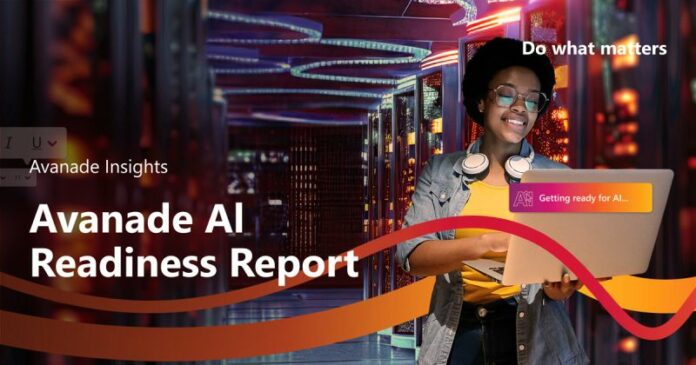Employees at all job levels across 10 major economies around the world are positive about AI and are excited about its potential to help them as a copilot at work.
Avanade found that by the end of 2024, AI will offer more than efficiency gains, and employees expect the technology to help inspire creative ideas and innovation.
This notion of AI supercharging human intelligence is contrary to hyped fears of human replacement – with nearly two-thirds (64%) across industries believing that AI will maintain or increase the number of human roles at their organisation in 2024, and most expecting headcount to increase by up to 9%.
On behalf of Avanade, McGuire Research Services conducted in August 2023 a survey of 3,000 business and IT leaders who are with a company headquartered in Australia, Brazil, Canada, France, Germany, Italy, Japan, Spain, United Kingdom, and United States.
Most employees (95%) are optimistic about AI and its impact. However, their responses also suggest that organisations may be overlooking how to protect their people when adopting AI responsibly and effectively.
Less than half (48%) of organisations have put in place a complete set of specific guidelines/policies for responsible AI, which is lower than the 52% of business and IT leaders who answered this question in March 2023.
Almost all employees (96%) are confident their organisations and IT teams have the knowledge and resources to scale AI. But just over half (52%) say their organisation has complete human capital and workforce planning processes in place to safeguard headcount as generative AI is scaled.
About half (49%) of employees admit they do not have the utmost confidence that their organisation’s risk management processes are adequate for an enterprise-wide technical integration of generative AI.
Most employees expect AI tools will help them be more efficient, innovative, and empowered in their roles. But employees are currently unequipped to work with these tools and seize their many benefits.
The study found that employers don’t have the right mix of skilled AI talent available to achieve their goals and organisations need to invest in upskilling, reskilling and continuing education for employees to undertake AI projects successfully.
Almost two-thirds (63%) of respondents said employees will need some new skills or a completely new set of skills to work with generative AI tools in their day-to-day roles by the end of 2024.
This sentiment changes among the C-suite, where over a third (41%) of CEOs believe their employees will need fewer skills since their AI copilot will do more of their work.
While there is general optimism among employees, almost all (92%) believe their organisation needs to shift to an AI-first operating model in the next 12 months to stay competitive and meet customer expectations.
Florin Rotar, chief AI officer at Avanade, said that while businesses and IT executives are enthusiastic about driving business value with AI, the findings also reflect the increasing interest and curiosity they are witnessing from leaders and their people globally.
“Not only do businesses need to take action to ready their people with the essential skills needed to utilise AI effectively, but now is the time for leaders to prepare for an AI-first future by crafting well-defined and responsible strategies,” said Rotar.
















